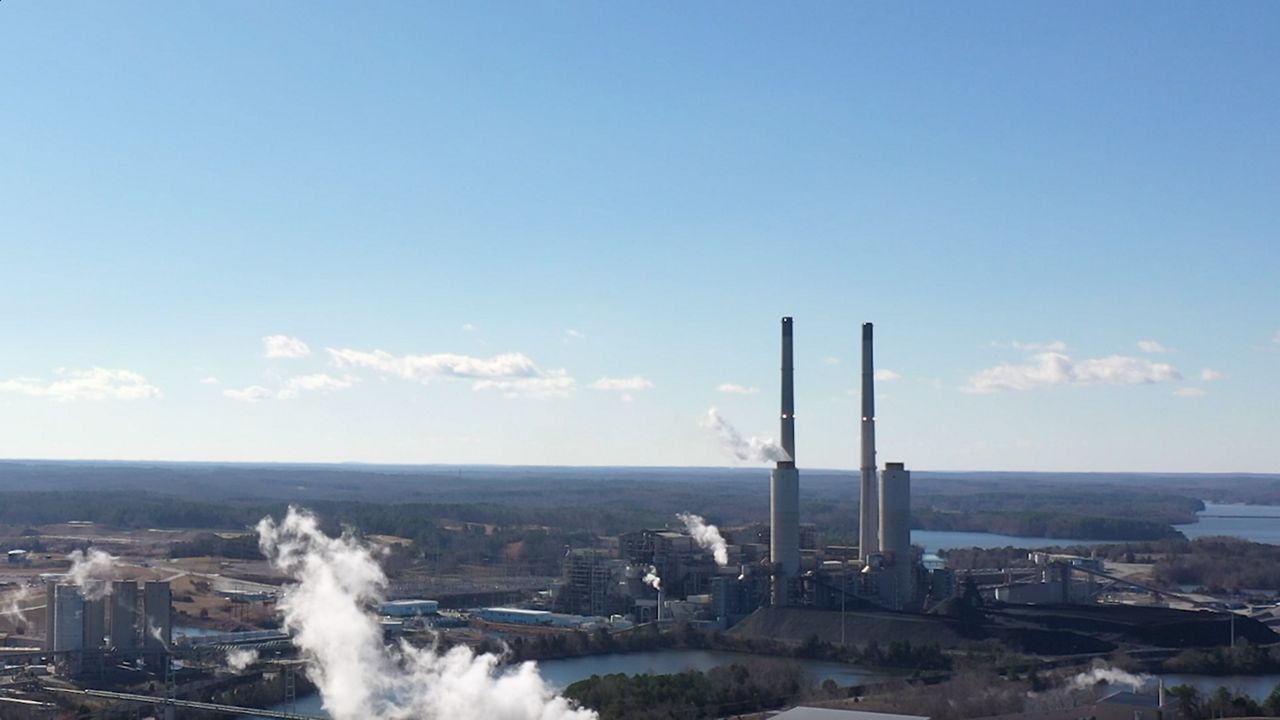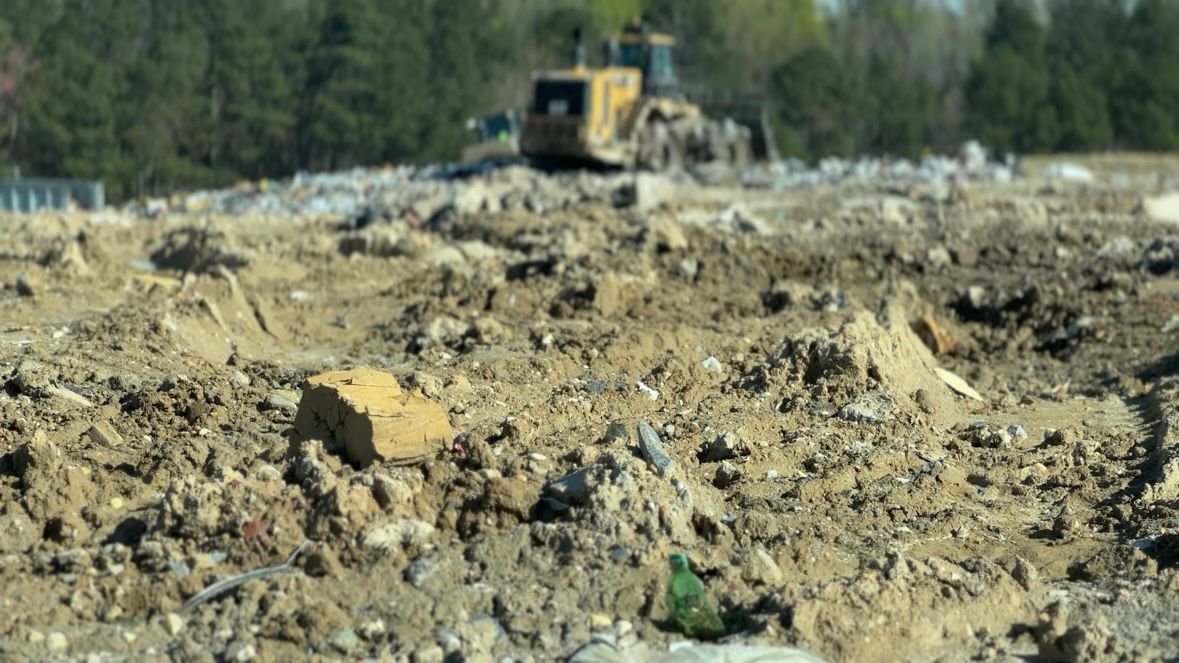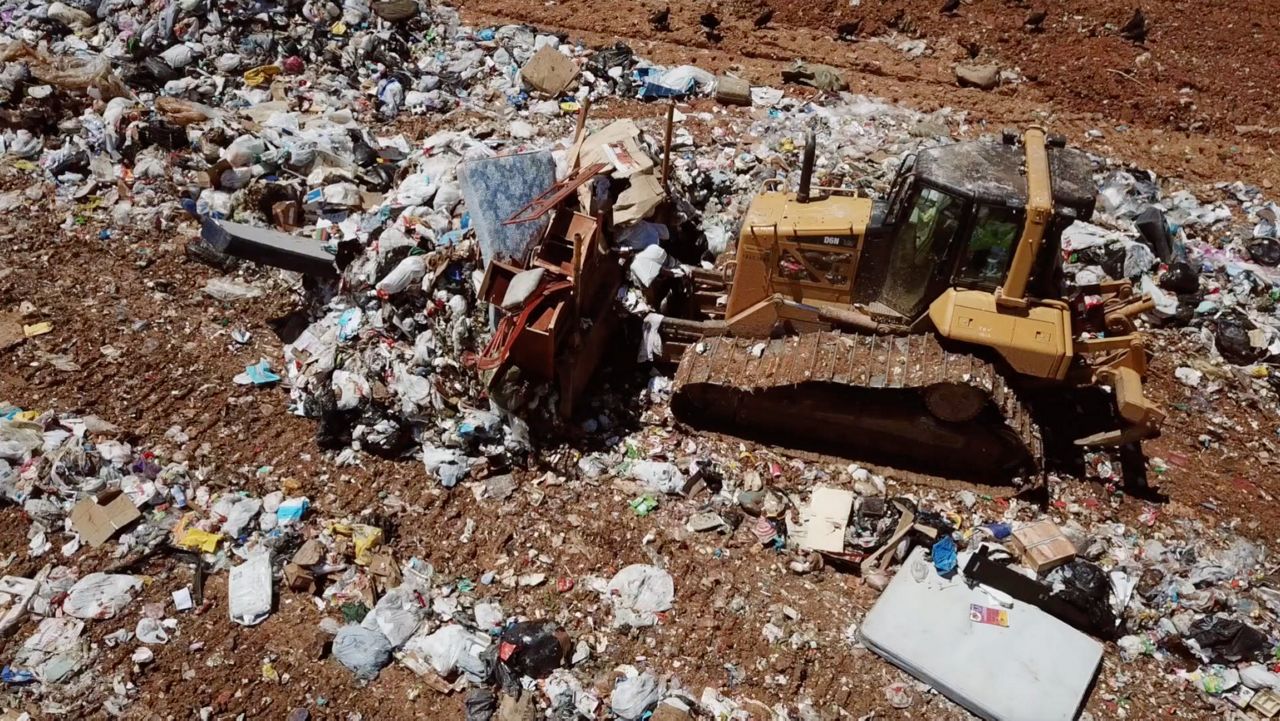PERSON COUNTY, N.C. - North Carolina’s first renewable natural gas plant is now up and running in Person County. The project is a collaboration between several groups, including Republic Services, Duke Energy and others.
Known as the Upper Piedmont Renewable Natural Gas Project, the plant in Rougemont is the first of its kind in North Carolina. The goal of the plant is to capture the methane that’s released from the landfill in town, convert it into natural gas, which is then sent into a natural gas pipeline.
Officials say this plant will help supply enough natural gas to meet the needs of about 8,500 homes.
“The plant basically cleans up the gas to the point where we can pump that clean gas into the renewable natural gas pipeline that is structured all throughout the United States and local communities,” Rodney Sasina, the operations manager with ENERGYneering Solutions, said.
Sasina led a tour of the plant during the ribbon cutting last week.
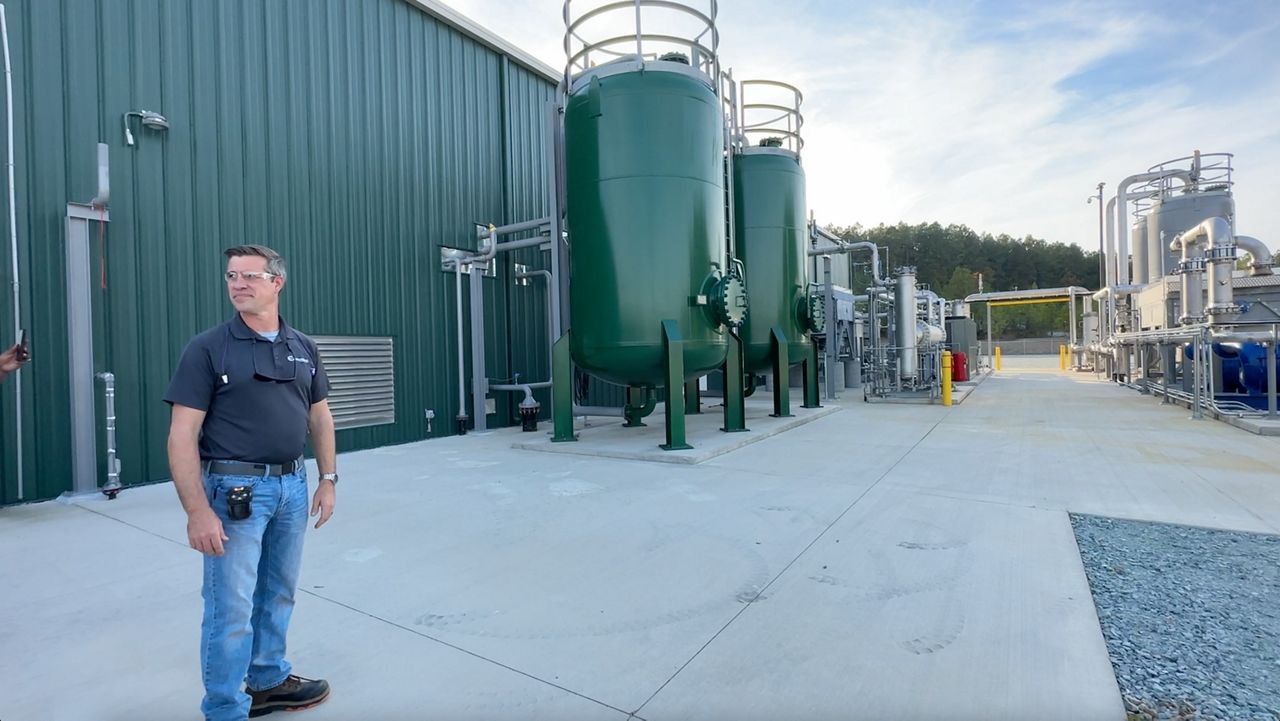
“I like to say we're doing something pretty cool. I mean, we're taking an energy that's normally wasted or burned and we're doing something. We're making a clean gas out of it, that it can be used in the community,” Sasina said.
Sasina says landfills produce methane gas as garbage breaks down.
“Methane is a greenhouse gas. It's about 20 times more impactful than CO2,” Sasina said.
He says it’s federal law that methane gas from landfills is burned but the technology at this plant takes a different approach.
“Incinerating it is just wasteful energy, in my opinion,” Sasina said. “So why don't you make electricity out of it or clean it up towards natural gas like we're doing with the facility?”
The methane is transported from the landfill to the plant in underground pipes. The machines at the plant use a complex process to clean up the methane and send it into a natural gas pipeline.
“So if you have a household appliance or heater that runs on natural gas and you're in the immediate area, some of the gas that we're producing will go to your home and that network,” Sasina said.
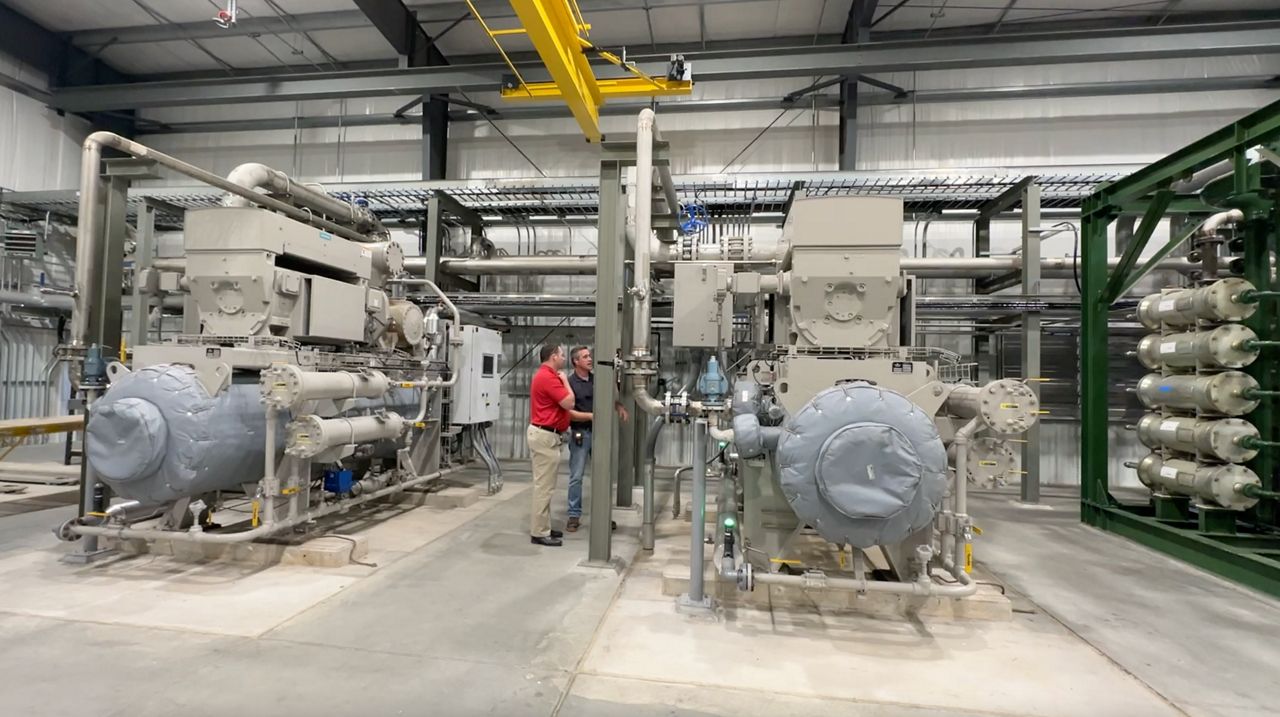
While this is the first plant like this in the state, Sasina says it won’t be the last.
“The renewable credits that they're putting out right now is making this a viable business model. So I think you'll see a lot of these gaining traction in the future for sure,” Sasina said.
Dr. Morton Barlaz at N.C. State University researches how solid waste breaks down in landfills. He believes this plant is one effective way to prevent methane from entering the atmosphere. He also says economics are a driving factor in deploying new technology like this plant.
“Companies involved are doing so to do some good but also because there’s a way for them to be profitable. So policies that can promote recovery of renewable energy in general are a good thing,” Barlaz said.
While experts say there are pros to this technology, there are some cons to possibly consider as well. The machines at the plant use a tremendous amount of electricity.
There have also been noise complaints associated with this new plant, but officials say a study was conducted and this plant only increased nearby noise levels by seven decibels. For context, rustling leaves are about 20 decibels.
Construction recently finished on the state’s second renewable natural gas plant in Caldwell County and that plant is also running now. In total, these two plants cost more than $110 million to build, including nearly $73 million in loans by the USDA.






